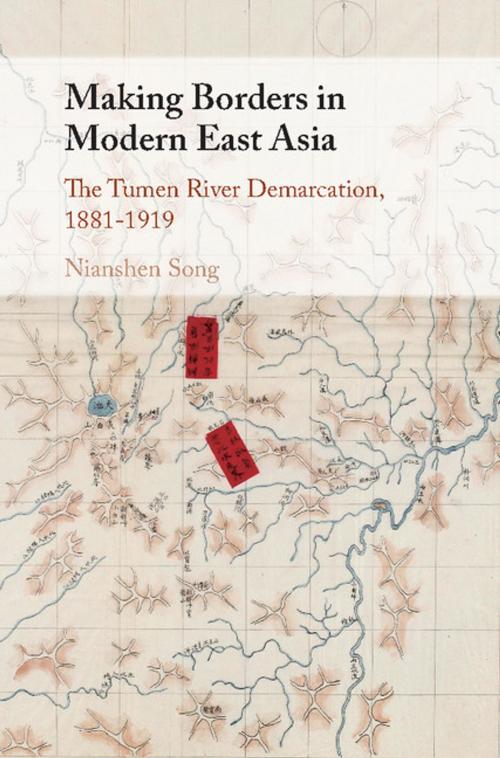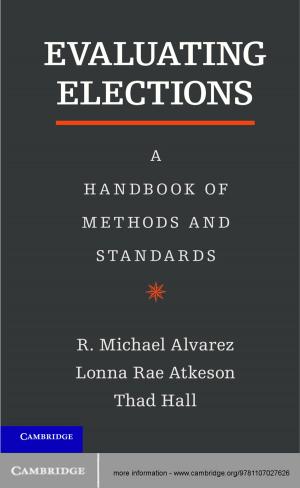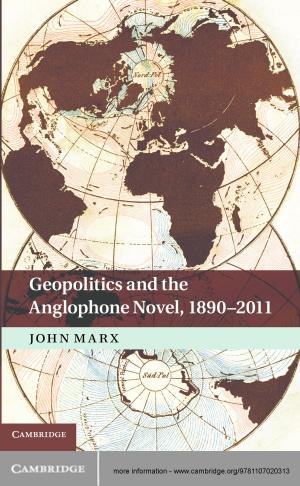Making Borders in Modern East Asia
The Tumen River Demarcation, 1881–1919
Nonfiction, History, Asian, Asia, Modern| Author: | Nianshen Song | ISBN: | 9781316800447 |
| Publisher: | Cambridge University Press | Publication: | April 30, 2018 |
| Imprint: | Cambridge University Press | Language: | English |
| Author: | Nianshen Song |
| ISBN: | 9781316800447 |
| Publisher: | Cambridge University Press |
| Publication: | April 30, 2018 |
| Imprint: | Cambridge University Press |
| Language: | English |
Until the late nineteenth century, the Chinese-Korean Tumen River border was one of the oldest, and perhaps most stable, state boundaries in the world. Spurred by severe food scarcity following a succession of natural disasters, from the 1860s, countless Korean refugees crossed the Tumen River border into Qing-China's Manchuria, triggering a decades-long territorial dispute between China, Korea, and Japan. This major new study of a multilateral and multiethnic frontier highlights the competing state- and nation-building projects in the fraught period that witnessed the Sino-Japanese War, the Russo-Japanese War, and the First World War. The power-plays over land and people simultaneously promoted China's frontier-building endeavours, motivated Korea's nationalist imagination, and stimulated Japan's colonialist enterprise, setting East Asia on an intricate trajectory from the late-imperial to a situation that, Song argues, we call modern.
Until the late nineteenth century, the Chinese-Korean Tumen River border was one of the oldest, and perhaps most stable, state boundaries in the world. Spurred by severe food scarcity following a succession of natural disasters, from the 1860s, countless Korean refugees crossed the Tumen River border into Qing-China's Manchuria, triggering a decades-long territorial dispute between China, Korea, and Japan. This major new study of a multilateral and multiethnic frontier highlights the competing state- and nation-building projects in the fraught period that witnessed the Sino-Japanese War, the Russo-Japanese War, and the First World War. The power-plays over land and people simultaneously promoted China's frontier-building endeavours, motivated Korea's nationalist imagination, and stimulated Japan's colonialist enterprise, setting East Asia on an intricate trajectory from the late-imperial to a situation that, Song argues, we call modern.















